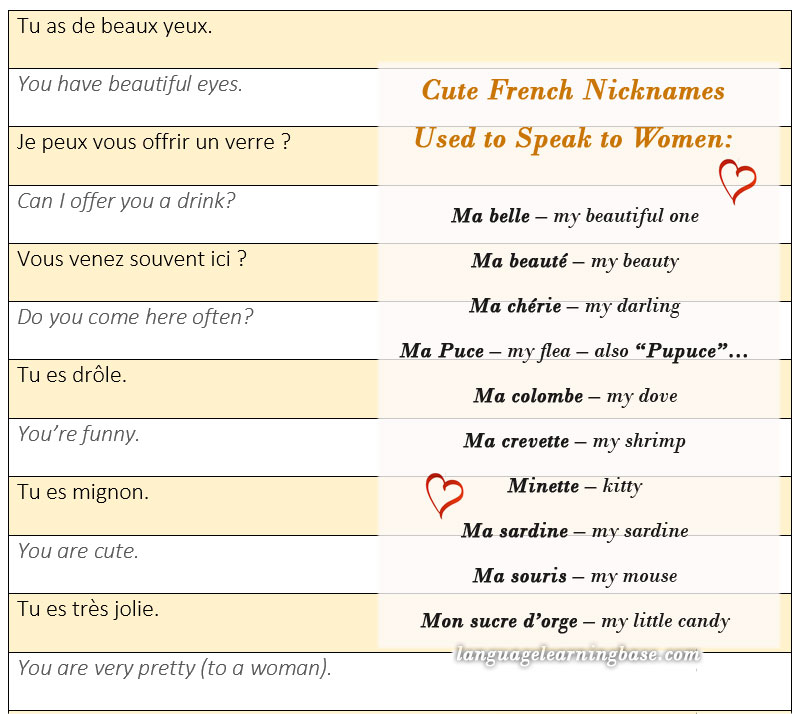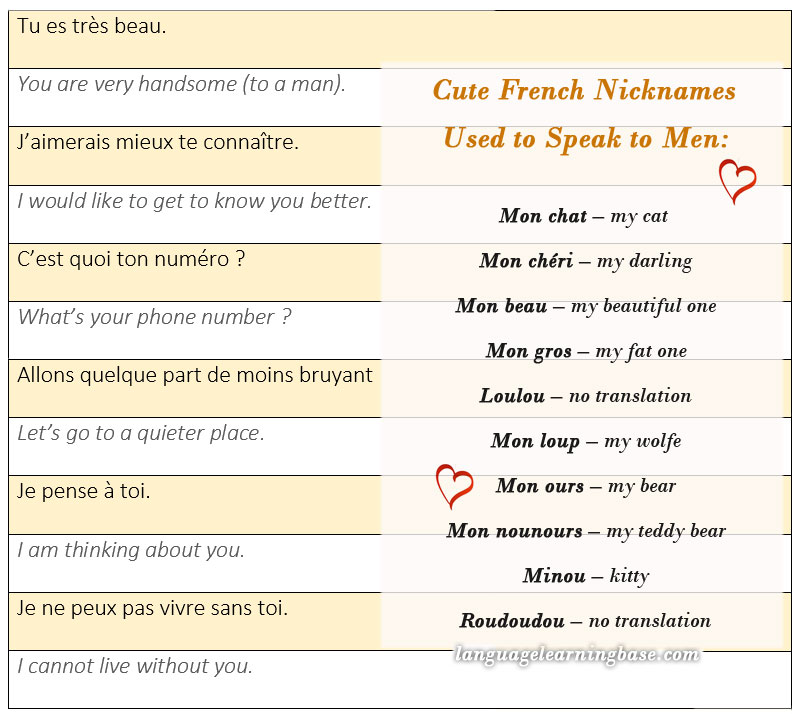
If you potentially ask a question in French the way the book/audio has instructed you to and you than get a response back from the person you asked the question too, and than what happens if that person responds and also asks you a question in return? You will be stuck with nothing left to say.
#ISPEAK FRENCH PHRASEBOOK HOW TO#
But French is not just about knowing how to say specific phrases. Of course, if you listen to it non-stop and read the book that is included with the audio CD, you will definitely learn a few things. However, this purchase was a bit of a let down. Having a DVD with French audio and subtitles is a nice way to learn the language as well, but I wanted something that was specifically designed for learners who want to start from the very beginning, slowly build vocabulary, and finally get to master the language. I think it's a beautiful language and after all, it is one of the romance languages. Let me start off by saying that I am being very generous with my four star review. Remember that “ bon” is always used for food, never “ bien”.Ok 4 Learning Phrases, Not GREAT for Learning ACTUAL FRENCH! Often after you’ve eaten, your server might say: “Ça a été?” meaning “How was it?” If you liked it, deliver your compliments in French and with a smile. Get that Parisian waiter to smile by complimenting the fine meal you’ve had (if it’s deserving, of course!). And it’s almost always a good idea to preface the phrase with “ Excusez-moi…”. Of course, you’ll need to fill in the blank with the name of the place or street you’re looking for. If you need help in a store or on the street, this phrase will certainly come in handy. Pronunciation: Poo-vey /voo /muh /dear /oo /ay…

Pronunciation: Ex-kue-zay / mwa /duh /voo /dey-rahn-zhay Excusez-moi de vous déranger = Excuse me for bothering you….For extra points, you can say: Bonjour Monsieur/Madame/Mademoiselle.
#ISPEAK FRENCH PHRASEBOOK DRIVER#
In France, you should say bonjour to whenever you enter a store, restaurant, elevator, or bus (to the driver whenever you start a conversation with a stranger (i.e., asking for direction, asking for help at a store), or when you encounter a neighbor or hotel staff. Seems obvious, right? But many people don’t realize that “bonjour” is probably the most important phrase in the French language. In return, we think you’ll come to see that Parisians are much more friendly than they’re reputed to be! These phrases will show that you’re polite, respectful and have some understanding of French culture. To avoid any such misunderstandings – and experience the best side of Parisians – learn the following 7 French phrases before visiting Paris.

In fact, when a Parisian seems rude, he or she might actually be reacting to a perceived rudeness on your part, even though in your eyes you’ve acted perfectly normally. France has its own standards of politeness and these may differ from those of your home country. But the behavior that foreigners perceive as rudeness is often the result of a cultural misunderstanding. The French – Parisians, in particular – have a reputation for being rude.


 0 kommentar(er)
0 kommentar(er)
